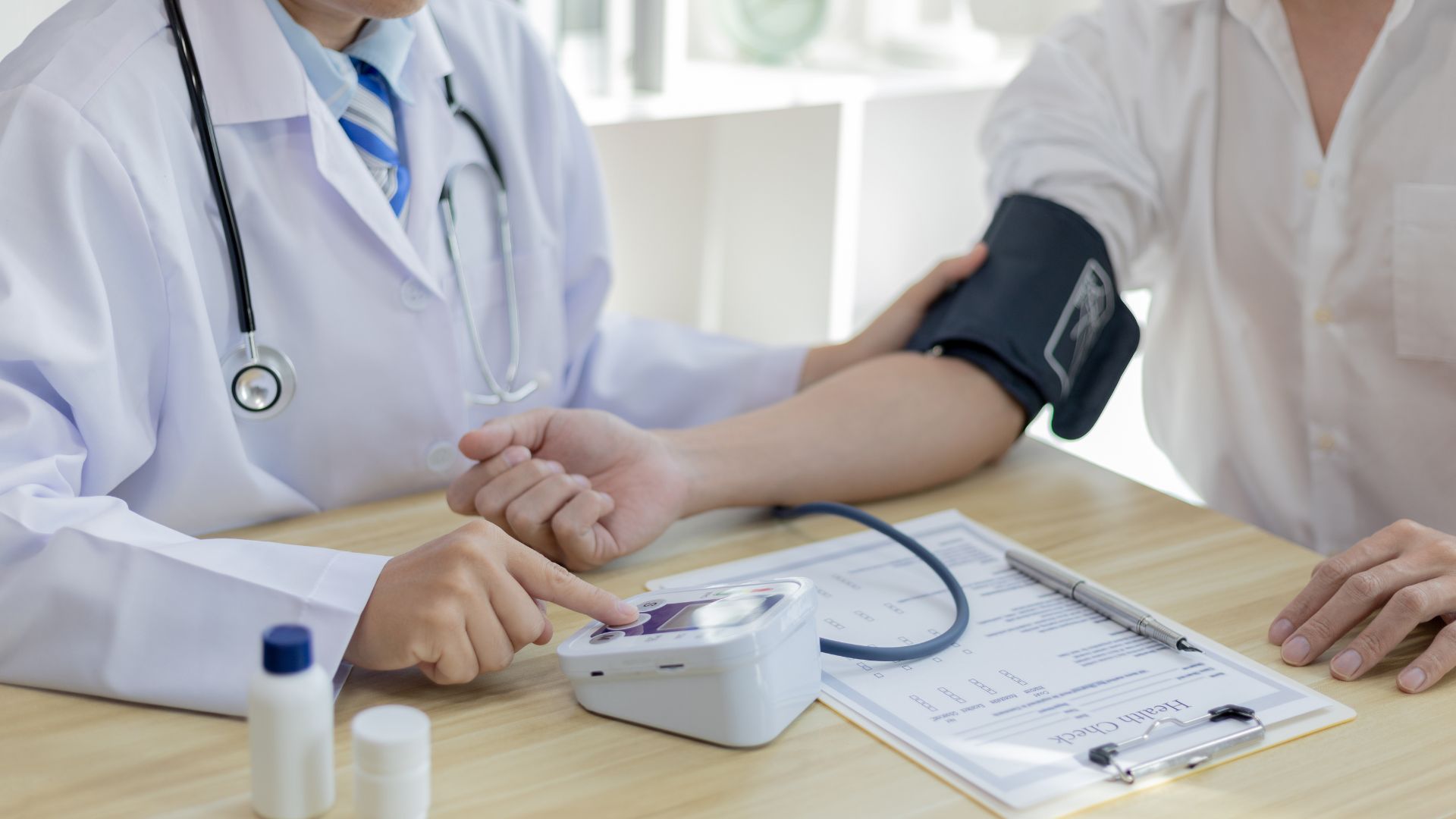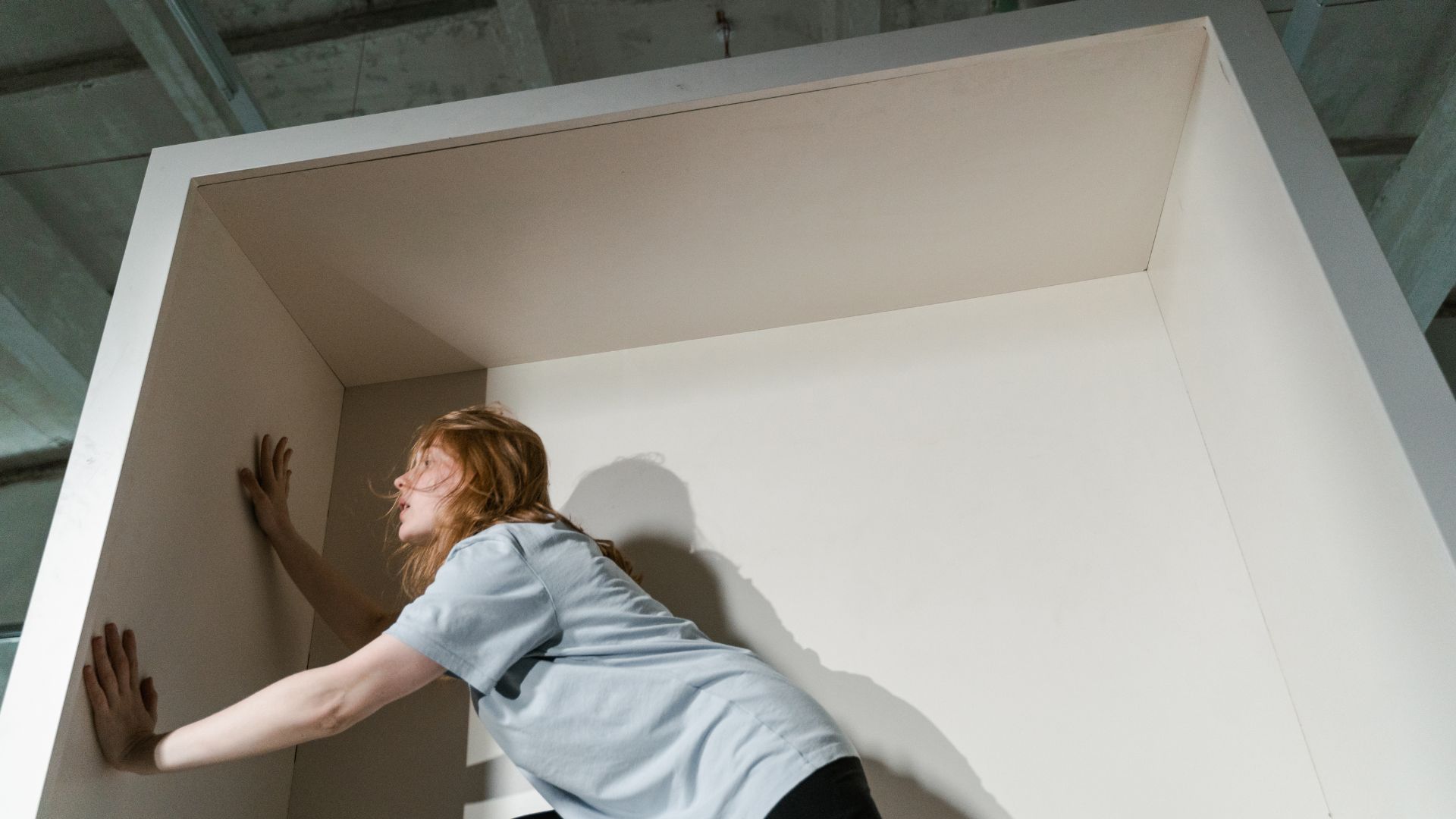Men visit the doctor much less often than women. But that does not mean that men do not have health problems. In fact, the problems are often more serious than they need to be due to a lack of regular monitoring. In this article, we’ll look at some of the most common male
Sexual dysfunction.
 Men rarely go to the doctor for help with this issue, although a third of them suffer from sexual problems.
Men rarely go to the doctor for help with this issue, although a third of them suffer from sexual problems.
Statistics
Sexual dysfunction is common among both men and women. More than 20% of men complain of premature ejaculation, 5% complain of erectile dysfunction, and 5% simply have no interest in sex. These sexual problems can interfere with relationships and lower self-esteem.
Causes
Antidepressants, blood pressure medications, alcohol, or other mood-altering drugs, including nicotine, can cause sexual dysfunction. Medical causes include diabetes, heart disease, neurological disorders, decreased testosterone, can also cause loss of sexual interest and sexual function.
There are clinics that specialize in examining and treating sexual dysfunction. The examination by a doctor consists of taking a medical history, hormone analysis and physical examination (additional tests may be ordered if necessary).
Treatment of sexual dysfunction
In some cases, it may be a combination of cognitive-behavioral therapy and sometimes medications. It should be kept in mind that side effects of taking antidepressants may include loss of libido, erectile dysfunction or delayed orgasm. But sometimes they are also effective in treating premature ejaculation. Hormone replacement therapy can often restore sexual function. There is also psychological therapy for couples, to improve emotional intimacy and the couple’s sex life. Sexual activity can continue even when intercourse is not possible.
It is important to have courage and ask for help. Do not doubt, it is worth it!
Prostate dysfunction
There are ways to diagnose prostate problems early, which increases the chances of effective treatment.
Types of prostate diseases
 The growth and activity of prostate cells is affected by sex hormones such as testosterone. The prostate gland increases in size with age, which is called benign prostatic hyperplasia. As it grows, it presses on surrounding structures, including the urethra. This can interfere with bladder emptying and in some cases may require surgery to remove the obstruction. An infection can enter the prostate gland, causing pain. Infections cause inflammation and swelling, resulting in partial or complete urinary tract obstruction, pain, and fever. Treatment with antibiotics in this case is likely to be prolonged for several weeks or more to kill the infection.
The growth and activity of prostate cells is affected by sex hormones such as testosterone. The prostate gland increases in size with age, which is called benign prostatic hyperplasia. As it grows, it presses on surrounding structures, including the urethra. This can interfere with bladder emptying and in some cases may require surgery to remove the obstruction. An infection can enter the prostate gland, causing pain. Infections cause inflammation and swelling, resulting in partial or complete urinary tract obstruction, pain, and fever. Treatment with antibiotics in this case is likely to be prolonged for several weeks or more to kill the infection.
Prostate cells are under the influence of hormones and can develop into cancerous masses. When a cancerous mass reaches a certain size, it can be detected on a digital rectal examination.
Prostate cells secrete a small amount of a protein called prostate-specific antigen (PSA), which can be detected with a simple blood test. PSA levels usually increase with age: from 0.7 ng/ml in men in their 40s and 50s to 1.5 ng/ml in men in their 60s. Increased PSA can result from an enlarged prostate due to age, infection, and prostate cancer. In prostate cancer, the ratio of free PSA to total PSA is much lower than in other prostate diseases, and therefore provides important information for planning further tests and treatment.
Treatment and side effects
There are a number of treatments available for benign prostatic hyperplasia. It is usually treated with transurethral resection of the prostate, which involves a small amount of glandular tissue. Possible side effects include temporary obstruction requiring catheterization, infection, and sometimes erectile dysfunction. There are also medications that help relax prostate muscles and others that block nerve and hormonal stimulation of prostate cells, allowing them to shrink in size. Depending on the individual case, drugs may be used in combination. The side effects of each drug vary from dizziness to retrograde ejaculation (a harmless condition where semen returns to the bladder instead of coming out through the tip of the penis).
Prostate cancer can be treated by surgery to remove cancerous tissue, suppression of hormones that stimulate tumor growth, radiation therapy, and chemotherapy. In addition to the common side effects of surgery and chemotherapy, these treatments often result in temporary urinary tract obstruction, erectile dysfunction and loss of libido. Early detection of prostate cancer is associated with better prognosis for long-term remission.
All programs of our medical center – Home.








